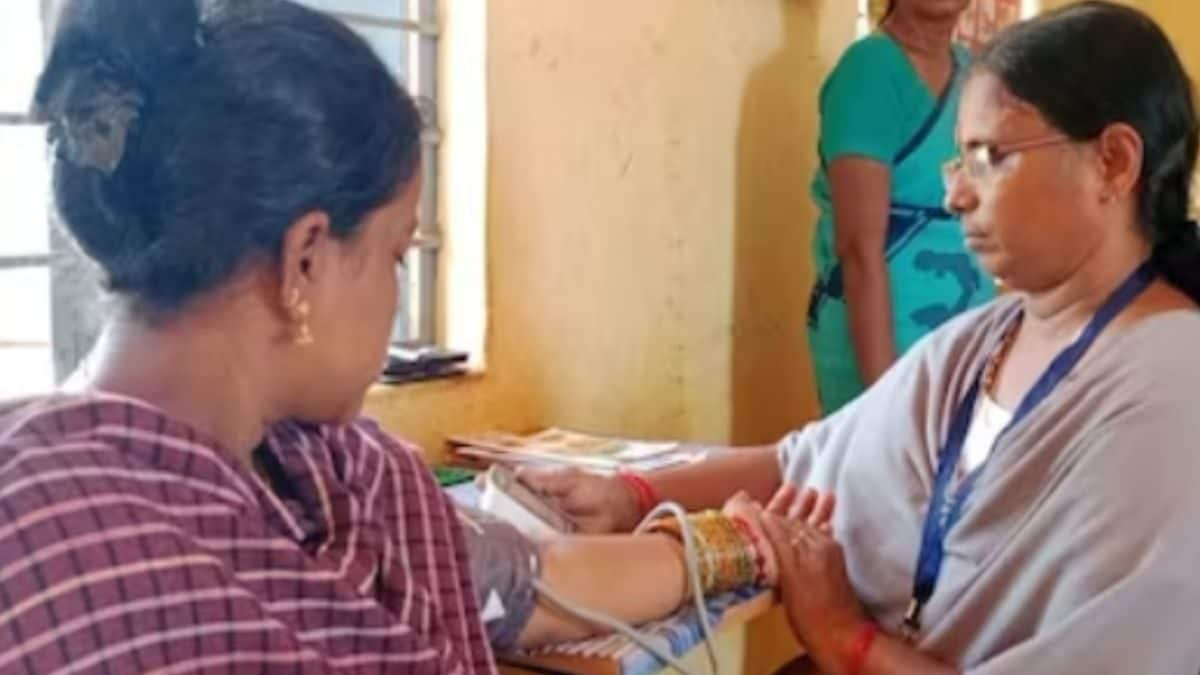Title: Supreme Court Upholds Conviction in Murder Case, Relying on Eyewitness Account Instead of Medical Expert Opinion
By Sanya Talwar | Updated: September 20, 2023, 15:37 IST
In a recent judgement, the Supreme Court emphasized the importance of ocular evidence over medical expert opinion when it comes to a gruesome killing. The court upheld the conviction of Rameshji Amarsing Thakor in a murder case, dismissing his appeal against the Gujarat High Court’s decision to reverse the trial court’s order of acquittal.
A bench of Justices Aniruddha Bose and Bela M Trivedi rejected minor discrepancies pointed out by the appellant in the deposition of prosecution witnesses. They emphasized that the eyewitness account, which stated that Thakor stabbed the deceased, remained consistent and reliable.
The court stated, “We are satisfied that the Trial Court had ignored the deposition of the prosecution witnesses and referred to very minor contradictions in support of its judgement of acquittal. The contradiction in the number of injuries was not fatal to the prosecution case. Nor can the prosecution case altogether be negated because the fatal injuries, in the opinion of the autopsy surgeon, could not have been caused by the recovered knife.”
Addressing the appellant’s reliance on the autopsy surgeon’s statement, the bench noted that the doctor’s evidence cannot overshadow the ocular evidence. Despite the mismatch between the recovered weapon and the injuries, the court found sufficient corroboration of the eyewitness account in the depositions of other witnesses.
The Supreme Court cited the case of Darbara Singh vs State of Punjab (2012), where greater importance was given to ocular evidence over the opinion of the medical expert. The bench concluded, “We find no reason to interfere with the judgement under appeal. Exaggerated devotion to the rule of benefit of doubt must not nurture fanciful doubts, letting the guilty escape is not doing justice, according to law.”
Though two other accused persons were alleged to have held the deceased at the time of the incident, they were acquitted by the High Court. The court refrained from commenting on this aspect since there was no appeal by the state against their acquittal.
The case revolved around the killing of Jayantibhai on July 10, 1995, through knife blows. The appellant’s conviction was primarily based on the statement of an eyewitness and a dying declaration made before two other witnesses. The trial court initially acquitted all three accused based on medical evidence.
The Supreme Court’s judgement reaffirms the significance of ocular evidence in criminal cases, highlighting its reliability and ability to outweigh medical expert opinions.

I have over 10 years of experience in the cryptocurrency industry and I have been on the list of the top authors on LinkedIn for the past 5 years. I have a wealth of knowledge to share with my readers, and my goal is to help them navigate the ever-changing world of cryptocurrencies.




